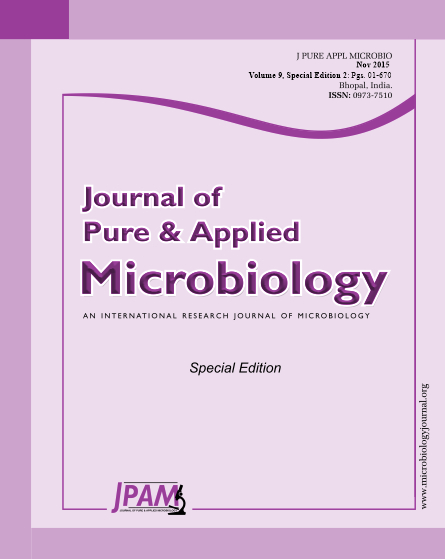Urbanization and excessive resources consumption including risk of improper waste management are global health and environmental challenge especially in metropolises. Purpose of this study was to provide a conceptual model of metropolises waste management in Tehran, capital of Iran, as a model. Data collection was done through a 25-items questionnaire to examine the people awareness and attitude as well as analyze current and desired situations of wastes management and recycling in 2013. Four hundred fifty residents of Tehran were selected randomly to participate in the study. . Data were analyzed using descriptive and inferential statistics methods by SPSS software and P < 0.05 was set as the significance level. The SWOT matrix was used to formulate waste management strategies considering all aspects of comprehensive waste management. Results showed that the awareness level of 90.4% of people was good and the attitude of 81.3% of them was supportive towards recycling. Moreover, more media coverage on this issue and using award and encouragement strategies are the most important factors increasing people participation in the waste management. Furthermore based on the quantitative strategic planning matrix, priorities of waste management strategies are sustainable, social, economic, and environmental development.
waste management, Tehran, participation
© The Author(s) 2015. Open Access. This article is distributed under the terms of the Creative Commons Attribution 4.0 International License which permits unrestricted use, sharing, distribution, and reproduction in any medium, provided you give appropriate credit to the original author(s) and the source, provide a link to the Creative Commons license, and indicate if changes were made.


